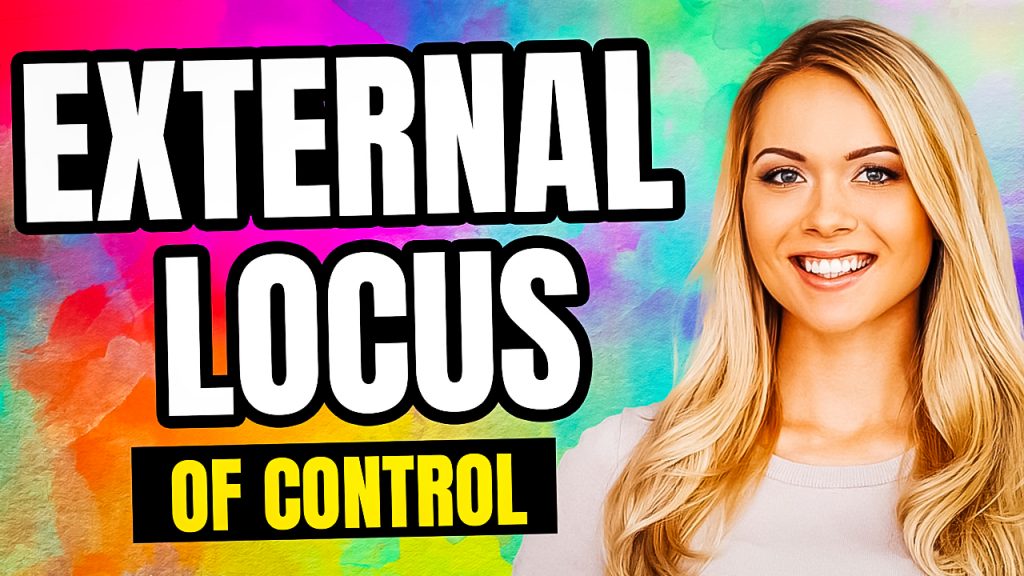
External locus of control refers to an individual’s belief that their life outcomes are primarily influenced by external factors beyond their control, such as luck, fate, chance, or powerful others. This belief system stands in contrast to an internal locus of control, where individuals believe that their actions and decisions can directly impact the outcomes they experience in life.
The concept of external locus of control was first introduced by psychologist Julian Rotter in the 1950s. According to Rotter, an individual’s locus of control can have a significant impact on their behavior, motivation, and overall well-being. Individuals with an external locus of control may be less likely to take initiative and pursue their goals, as they believe that external factors such as luck or fate are the primary determinants of success or failure.
Individuals with an external locus of control may also be more likely to experience feelings of helplessness and hopelessness, particularly when faced with challenges or setbacks. Rather than taking responsibility for their actions and decisions, they may attribute their failures to external factors, which can lead to a sense of powerlessness and lack of control over their lives.
Research has shown that an external locus of control is associated with a variety of negative outcomes, including lower levels of achievement, increased stress and anxiety, and lower levels of overall life satisfaction. For example, a study conducted by Seligman et al. (1975) found that students who exhibited an external locus of control were more likely to experience depression and anxiety than those with an internal locus of control.
In addition to individual outcomes, external locus of control can also have broader social implications. Individuals with an external locus of control may be less likely to engage in social and political activism, as they believe that external factors such as government policies or economic conditions are beyond their control. This can lead to a lack of engagement and participation in the democratic process, which can have negative consequences for society as a whole.
While an external locus of control can have negative implications for individual and social outcomes, it is important to note that this belief system is not entirely irrational. Many external factors do play a role in shaping our lives, and it is not always possible or desirable to control all aspects of our environment. Additionally, external factors can often interact with internal factors, such as skills and abilities, to determine outcomes.
It is also important to note that an individual’s locus of control is not necessarily fixed or immutable. While some individuals may naturally tend towards an external locus of control, it is possible to shift towards a more internal locus of control through personal growth and development. This can involve taking responsibility for one’s actions and decisions, cultivating a sense of self-efficacy, and developing a growth mindset that focuses on learning and improvement rather than fixed outcomes.
In conclusion, an external locus of control refers to an individual’s belief that their life outcomes are primarily influenced by external factors beyond their control. This belief system can have negative implications for individual and social outcomes, including lower levels of achievement, increased stress and anxiety, and lower levels of overall life satisfaction. However, it is important to note that external factors do play a role in shaping our lives, and it is not always possible or desirable to control all aspects of our environment. By cultivating a sense of personal responsibility and self-efficacy, individuals can shift towards a more internal locus of control, which can have positive implications for their well-being and overall success.
This Post is Brought To You By BetterHelp